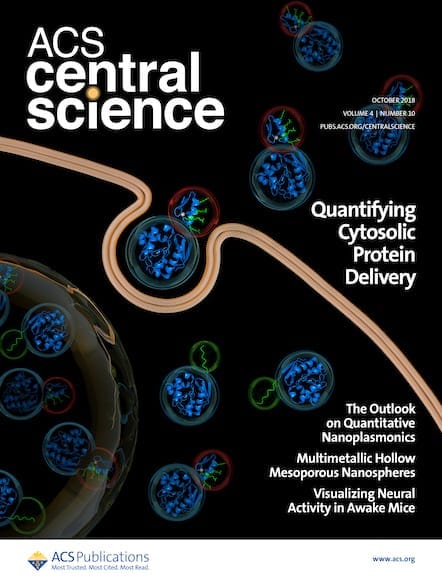Mireille Kamariza is a Ph.D. student at Stanford University. Born in Burundi, Kamariza emigrated to the United States at the age of 17. Her experiences growing up in East-Africa in many ways inspired the work she does today. She cites her father as a significant influence in seeking out science as a career. When Kamariza […]

Mireille Kamariza is a Ph.D. student at Stanford University. Born in Burundi, Kamariza emigrated to the United States at the age of 17. Her experiences growing up in East-Africa in many ways inspired the work she does today.
She cites her father as a significant influence in seeking out science as a career. When Kamariza was young, her father had all sorts of books around the house on math theories and health care issues, so she understood early in life that scientific work has real value in the world.
After following her older brothers to San Diego, California, she enrolled in a local community college, though she spoke no English at the time. In a chemistry class, the instructor, Professor Saloua Saidane, also a French-speaking immigrant from Africa, noticed that Kamariza had potential.
“She took it upon herself, and I’m truly grateful for this, to guide me, to mentor me,” Kamariza said. “She gave me books in French about chemistry. She made herself available to me for questions. And just the fact that she cared helped me open up to her and tell her about my aspirations.”
Saidane suggested she transfers to the University of California, San Diego, and helped her find a summer program that paid their students. “I had to make money. And that was the change. That was the shift in my career.”
Much later, in 2012, as a summer intern at the American Chemical Society, Kamariza met Professor Carolyn Bertozzi, who was a Kavli Foundation Innovations in Chemistry Lecture featured speaker at an ACS National Meeting that year. Kamariza was assigned to report on Bertozzi and became interested in her work on infectious diseases. Bertozzi was at the University of California, Berkeley, at that time, which also happened to be where Kamariza was interviewing for Ph.D. programs. Kamariza was accepted, and Bertozzi became her Ph.D. advisor.
Tuberculosis is one of the top killers in Burundi. Kamariza grew up knowing people who had it, and also knew people who died from it. When she started graduate school, these experiences motivated her to study the disease and find treatments that could be rapidly deployed. She said Bertozzi, now at Stanford University and serving as Editor-in-Chief of ACS Central Science, was and continues to be very supportive of her work to update a century-old method for TB diagnosis, by finding a reagent that specifically targets the metabolic activity of the micro-bacteria.
“The most gratifying part of my work is the knowledge that it could potentially have a big impact for people around the world, including saving some lives.”
Kamariza recently published her first paper, “Rapid detection of Mycobacterium tuberculosis in sputum with a solvatochromic trehalose probe” in Science Translation Medicine.
